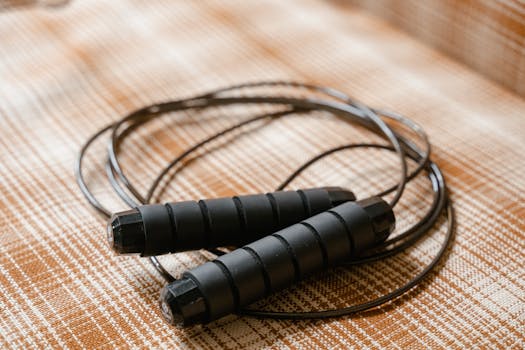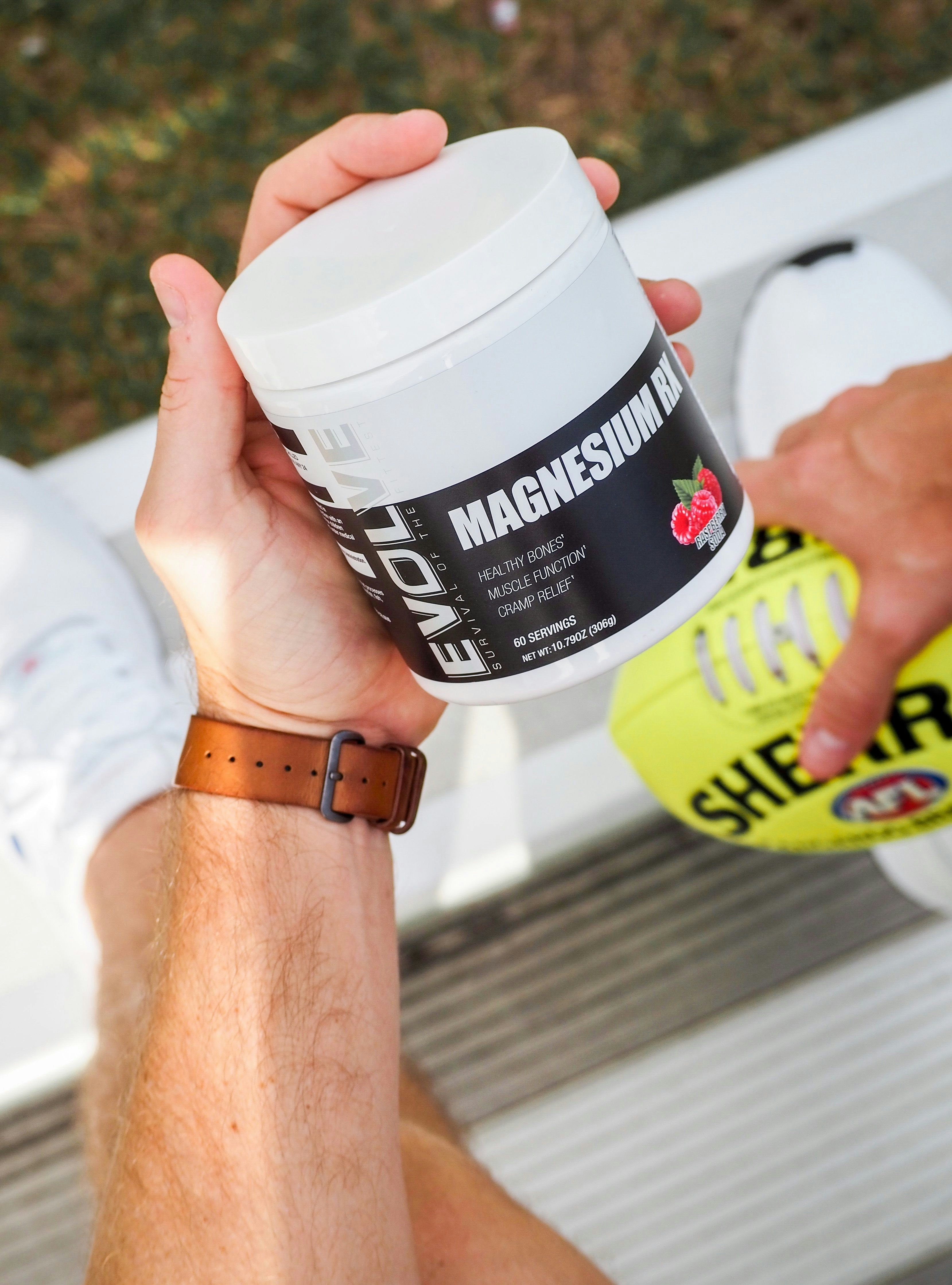Menopause Weight Loss: Strategies for a Healthier Transition
Nov 19, 2024
Menopause is a natural transition that every woman experiences, marking the end of her reproductive years. While this phase brings about significant hormonal changes, it can also lead to weight gain and difficulty in maintaining a healthy weight. However, with the right approach, it is possible to navigate this period successfully and achieve your weight loss goals.
At Tidalflow, we understand the unique challenges women face during menopause, and we're here to guide you through this journey with personalized coaching and tailored solutions. In this comprehensive guide, we'll explore effective strategies, dietary adjustments, and exercise tips to help you lose weight and embrace a healthier lifestyle during menopause.
Understanding Menopause and Weight Gain
Before delving into weight loss strategies, it's essential to understand the connection between menopause and weight gain.
Hormonal Changes and Their Impact
Menopause is characterized by a decline in estrogen levels, which can lead to various physical and emotional changes, including:
Hot flashes
Mood swings
Sleep disturbances
Weight gain, particularly around the abdomen
The hormonal fluctuations during this phase can affect metabolism, leading to increased fat storage, muscle loss, and changes in appetite. Understanding these factors is crucial in developing an effective weight loss strategy.
Effective Strategies for Weight Loss During Menopause
While menopause can present challenges, there are several strategies you can implement to support your weight loss journey.
1. Adopt a Balanced and Nutrient-Dense Diet
A balanced diet rich in whole, nutrient-dense foods can help manage weight and improve overall health during menopause. Focus on incorporating the following:
Fruits and Vegetables: Aim for a variety of colors to ensure a wide range of vitamins, minerals, and antioxidants.
Whole Grains: Choose whole grains like brown rice, quinoa, and whole-wheat bread over refined grains for added fiber and nutrients.
Lean Proteins: Include sources like chicken, fish, beans, and legumes to support muscle maintenance and satiety.
Healthy Fats: Incorporate sources of omega-3 fatty acids, such as fatty fish, flaxseeds, and walnuts, for their anti-inflammatory properties.
Additionally, be mindful of portion sizes to prevent overeating and control calorie intake. Using smaller plates and measuring servings can be helpful.

2. Stay Hydrated
Drinking plenty of water is essential for overall health and can aid in weight loss during menopause. Sometimes, our bodies confuse thirst with hunger, leading to unnecessary snacking. Aim for at least 8-10 glasses of water a day to stay hydrated and support your metabolism.
3. Incorporate Regular Physical Activity
Exercise plays a crucial role in weight management and overall well-being during menopause.
Strength Training
Strength training is particularly important during this phase as it helps combat muscle loss and boosts metabolism. Aim for at least two sessions per week, focusing on major muscle groups. For guidance on appropriate weights for your workouts, check out our lift weight calculator.
Cardiovascular Exercise
Cardio exercises, such as walking, running, or cycling, can help burn calories and improve heart health. Aim for at least 150 minutes of moderate-intensity cardio each week. Using a pedometer can motivate you to increase your daily activity levels.

4. Manage Stress
Stress can contribute to weight gain, especially during menopause. Incorporating stress-reducing practices such as yoga, meditation, or deep breathing exercises can be beneficial. Regular physical activity can also help reduce stress levels and improve overall well-being.
5. Prioritize Quality Sleep
Sleep disturbances are common during menopause and can affect weight loss efforts. Aim for 7-9 hours of quality sleep each night. Establishing a bedtime routine and creating a comfortable sleep environment can improve sleep quality and support overall health.
Hormonal Treatments and Supplements
In addition to lifestyle changes, some women may consider hormonal treatments or supplements to support their weight loss journey during menopause.
Hormone Replacement Therapy (HRT)
For some women, HRT can help alleviate menopausal symptoms and may assist in weight management. However, it's essential to consult with a healthcare provider to discuss the potential benefits and risks associated with HRT, as it may not be suitable for everyone.
Natural Supplements
Certain supplements, such as omega-3 fatty acids, vitamin D, and calcium, can support overall health during menopause. However, it's crucial to consult with a healthcare professional before starting any new supplement regimen to ensure safety and appropriate dosages.
Tracking Progress and Staying Motivated
Monitoring your progress and celebrating non-scale victories can help you stay motivated and on track with your weight loss goals during menopause.
Keep a Food Diary
Tracking your food intake can help identify patterns and areas for improvement. Consider using a food diary or an app to log meals and snacks, as well as your portion sizes and calorie intake.
Monitor Your Weight and Body Measurements
While the scale can be a useful tool, it's important to remember that weight can fluctuate due to various factors. Focus on overall trends rather than daily changes, and consider tracking body measurements, such as waist circumference, to gauge progress more accurately.
Celebrate Non-Scale Victories
Weight loss is not the only measure of success. Celebrate improvements in energy levels, mood, physical fitness, and overall well-being. These non-scale victories can serve as powerful motivators and reminders of the positive impact your efforts are having on your health.

Personalized Coaching and Support
At Tidalflow, we understand that every woman's journey through menopause is unique. That's why we offer AI-powered personal training solutions tailored to your specific needs and goals. Our expert coaches will work with you to develop a comprehensive plan that addresses your dietary requirements, exercise preferences, and lifestyle factors.
By combining our cutting-edge technology with personalized coaching, we aim to empower you to navigate this transitional phase with confidence and achieve lasting weight loss success. Explore our services today and take the first step towards a healthier, more vibrant you.
Conclusion
Losing weight during menopause can be challenging, but with the right strategies and support, it is entirely achievable. By adopting a balanced diet, engaging in regular physical activity, managing stress, and ensuring adequate sleep, you can navigate this transitional phase with confidence and ease.
Remember, weight loss is a journey, and it's essential to be patient and kind to yourself. Celebrate your progress, embrace the changes, and seek support when needed. With Tidalflow by your side, you can unlock your full potential and embrace a healthier, more vibrant life during and beyond menopause.
Disclaimer: This article is for informational purposes only and does not substitute professional medical advice. Consult a healthcare provider for personalized recommendations.
You should not have to do it all on your own













